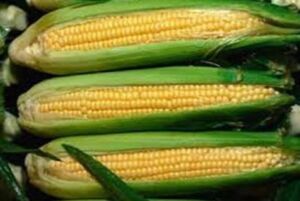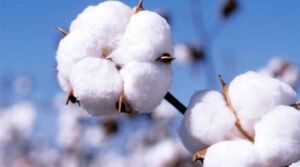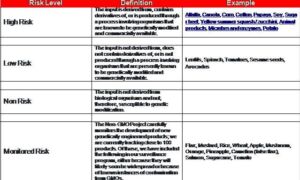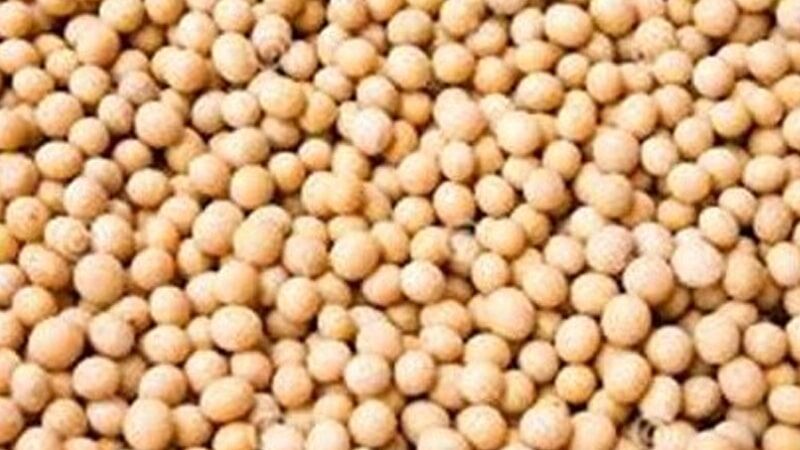A GMO (genetically modified organism) is the result of a laboratory process where genes from the DNA of one species are extracted and artificially forced into the genes of an unrelated plant or animal.
The foreign genes may come from bacteria, viruses, insects, animals, or even humans. Because this involves the transfer of genes, GMOs are also known as “transgenic” organisms.
This process may be called either Genetic Engineering (GE) or Genetic Modification (GM); they are one and the same. A GMO, or genetically modified organism, is a plant, animal, microorganism or another organism whose genetic makeup has been modified/altered in a laboratory using genetic engineering or transgenic technology.
This creates combinations of plant, animal, bacterial, and virus genes that do not occur in nature or through traditional crossbreeding methods. The genetic modification affects many of the products we consume on a daily basis. The number of GMOs available for commercial use grows ever

The term “genetic modification” is used both commonly and legally to refer to the use of recombinant DNA techniques, in ways that are not possible or desirable in nature, to transfer genetic material between organisms.
This concept of genetic modification brings about alterations in genetic makeup and in the properties of the organism developed. This technique using genetic engineering is highly mutagenic and leads to unpredictable changes in the DNA and the proteins produced by the GMO that can lead to toxic or allergic reactions.
GM proponents will argue that “genetic modification” has been used for centuries in an attempt to blur the lines and create confusion (Remember Harry Truman’s Quote). . According to the U.S. Department of Agriculture (USDA), GMO seeds are used to plant over 90% of all maize (corn), cotton, and soy grown in the United States, which means that many of the foods you eat likely contain GMOs

Traditional genetics used selective breeding, tissue cultures, hybridization, and other methods that assist nature but do not circumvent natural laws. Although most notable organizations and research suggest that GMO foods are safe and sustainable, some people claim they may harm your health and the environment.
The methods used to transfer the genes of modified DNA of a genetically modified plant are imprecise and unpredictable. These unintended changes are possible differences in the food’s nutritional values, toxic and allergic effects, lower crop yields, and unforeseen harm to the environment that cannot be recalled.
While the USDA says that GMOs are safe and very beneficial, one has to keep in mind that scientific inventions, though may have good intentions when created, rarely turns out that way when applied.
One only has to think about the invention/creation of nuclear energy. Nuclear energy has been touted by science as a great thing and very safe to use, although they can’t dispose of the nuclear waste produced by the reactors. Nuclear power plants help to fuel millions of homes and more than we remember Chernobyl. or Three Mile Island. Not to mention the creation of the atom bomb and the nuclear arms race.
the Non-GMO Project works diligently to provide the most accurate, up-to-date standards for non-GMO verification.
In order for a product to be Non-GMO Project Verified, its inputs must be evaluated for compliance with our standard, which categorizes inputs into three risk levels:

 Though there are only several GM crops that are widely available, they are commodity crops that often get further processed into a variety of ingredients. These high-risk ingredients are typically present in packaged products as:
Though there are only several GM crops that are widely available, they are commodity crops that often get further processed into a variety of ingredients. These high-risk ingredients are typically present in packaged products as:
Amino acids, alcohol, aspartame, ascorbic acid, sodium ascorbate, citric acid, sodium citrate, ethanol, flavorings (“natural” and “artificial”), high-fructose corn syrup, hydrolyzed vegetable protein, lactic acid, maltodextrins, molasses, monosodium glutamate (MSG), sucrose, textured vegetable protein (TVP), xanthan gum, vitamins, vinegar, yeast products
Harry Truman’s quote: “If you can’t convince them… Confuse them”
Hundreds of millions of pounds of glyphosate, a “probable human carcinogen,” are used on farmland across America every year. Dicamba, another Monsanto weedkiller packaged to work with several new GMO crops, is wreaking havoc on farm communities. Dicamba has been drifting to neighboring fields, where it damages MILLIONS of acres of crops and has even been accused of reducing honey production.
https://secure.foodandwaterwatch.org/act/petition-ban-roundup-and-dicambahttps://www.nongmoproject.org/gmo-facts/what-is-gmo/

